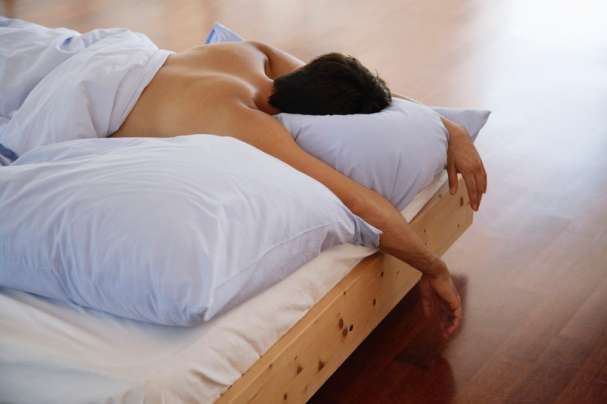
There’s nothing better than a good night’s sleep. Serving as a way to recharge our batteries after a stressful day, sleep is integral to survival. While there’s no right or wrong amount to get (although the Sleep Foundation do provide a useful guide based on age ranges), one thing which can’t be argued is the importance of rest for our physical (and mental) wellbeing.
Let’s now look at some of the most important health benefits of getting enough sleep every night.
1) Your sex drive decreases without sleep
Yes, that’s right. As the NHS point out, a lack of sleep can have a direct impact on your libido. In the case of men in particular, it will lower testosterone levels. Research has shown that members of both sexes lose interest in making love when they’re sleep deprived.

Getting the required levels of sleep can only serve to keep your hormone levels balanced. Without this, you’ll soon find your desires dwindling. This is in no short part thanks to a lack of energy.
2) Improved memory
Your cognitive processes are seriously hindered when you’re tired. It’s this part of your brain which controls your ability to remember things accurately. You’ll also find it more of a challenge to think logically, or draw things to mind quickly.

This will naturally become an issue when you’re in a position where you’re required to do this – such as a test, or if you’re in a high-pressured situation at work. By proxy, this will lead to added levels of stress.
3) You’ll find it easier to lose weight

As Sunday Rest highlight, the more sleep you have, the higher the chances of burning weight. When we lose sleep, the levels of leptin we have in our bodies naturally decrease. This chemical plays a large part in our ability to feel full.
The less leptin we have in our system, the hungrier we’ll naturally be throughout the day. As well as this, your metabolism will speed up as you snooze. Sleeping really does burn the calories.
4) Your mood improves
It’s perhaps an obvious point, but your general mood and overall mental health will improve according to how much sleep you get. Mood-related disorders, such as anxiety and depression, are closely linked to a lack of sleep, with it discovered that people who suffer from these conditions often experience less than six hours sleep a night.

Aside from just leaving you feeling tired and groggy, a lack of sleep can create a chemical imbalance which causes an individual to mentally deteriorate. Any pre-existing conditions will also be exaggerated if the brain is exposed to great levels of fatigue.
Be sure to get as much sleep as you can, in order to avoid seeing your health deteriorate.

Leave a Reply